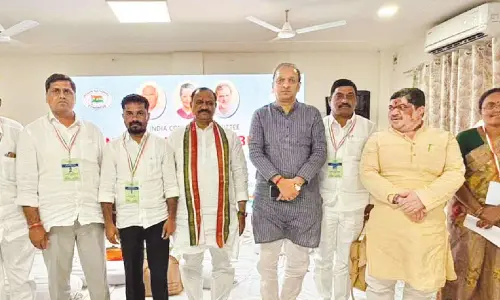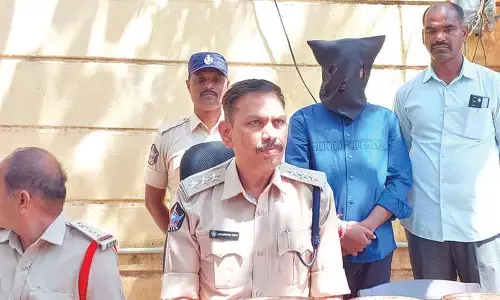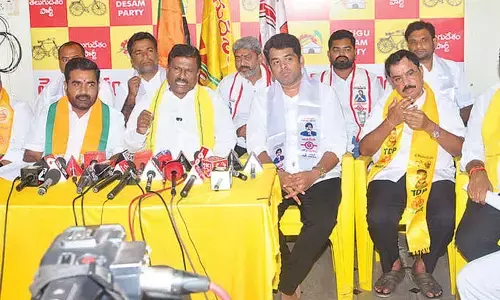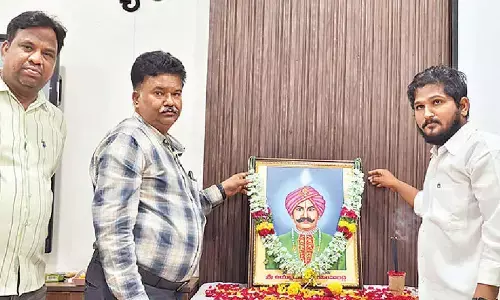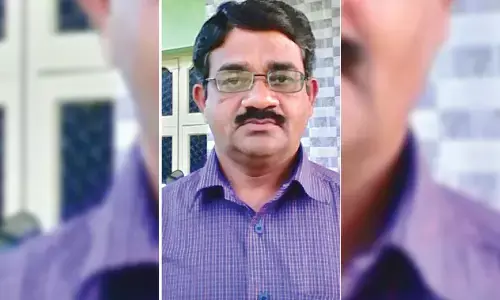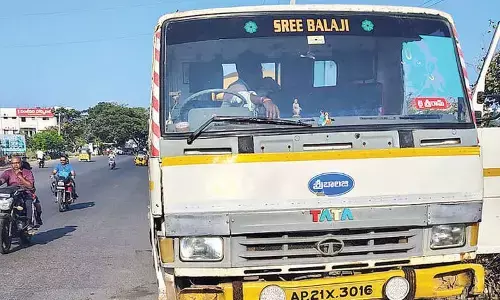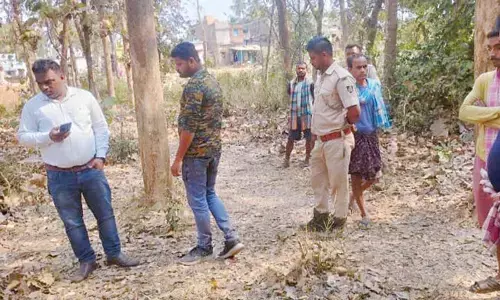Gender equality: An instrument for social change
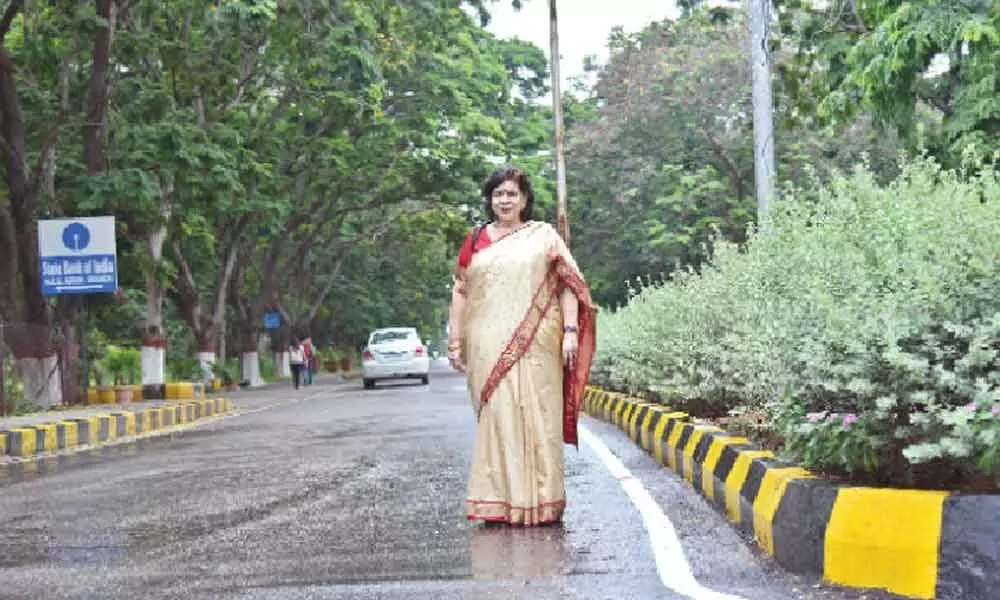
Professor Rekha Pande has been working for women empowerment as a part of her professional life, and says that her intellectural biography would be totally bankrupt without her discovery of feminist politics.
Professor Rekha Pande has been working for women empowerment as a part of her professional life, and says that her intellectural biography would be totally bankrupt without her discovery of feminist politics.
She shares, "Getting into women's studies was the most important discovery of my life and it has made me what I am and will continue to be so.
As a child I moved around the country quite a bit and made new friends and met many people in the different postings thanks to my father's army background. The most important cities that I have some very happy memories of good times spent are Secunderabad, Hyderabad and Allahabad."
Freedom to choose career was one of the foremost feministic ideals she stood for even when amidst conservative setting. "After my college education I wanted to pursue a career, but my parents were very keen to get me married.
I joined the University of Allahabad as a lecturer but soon got married within six months, but not before I met many boys in the drawing room in the presence of my parents. Though I could not speak openly, I found some of their attitudes towards girls very difficult to accept.
Then when this boy, Suresh Pande, who is my husband came in, I wanted to speak to him but there was no way I could openly speak in front of all the family and relatives. I quietly went out from the back door and saw him talking to my younger sister. I just butted in with a question, what about my career? Though I was still not clear as to what a career meant.
I still remember his words though; they were spoken forty years ago, 'Well I do not think girls are commodities and I strongly believe that a girl also has one life and every right to do what she wants'. This was music to my ears.
We got married in 1979. We stayed away from each other for four years during which time I continued to work in the University of Allahabad and also did my PhD. I found a lot of emotional support throughout this period from my husband.
After the submission of my thesis, I came to Hyderabad in 1982 to join my husband who was working as a scientist in an International Organisation, ICRISAT. I joined the History department at the University in 1984 as a research fellow."
Elaborating on her work in women's studies, she states, "I published sixteen books and more than hundred and fifty papers as book chapters, journals and articles in both history and women's studies.
I have published my study in the area of women's history, cultural history in the Deccan, Miniature paintings in the Deccan, women and the Bhakti movement, devadasis and courtesans.
I have also written and published in the area of Gerontology, socialisation and family, girl child, child labour, women's work, health, and violence against women, women's movement and impact of globalisation on women."
Rekha has been the Editor of International Feminist Journal of Politics (IFJP), Rout ledge Taylor and Francis group, U.K. and also the Foreign Policy Analysis, which is published by Blackwell, USA. She has guided 16 PhD and 42 M.Phil students in both History and Gender Studies.
She sees the widespread attitude towards girls and women as inferior, even as property of men, and systematic discrimination in traditional practices and acts in the name of religion and culture, comodification of women, their economic marginalisation, poverty, illiteracy, violence against women, safety for girls as some of the many major concerns that need to be addressed.
"Society owes a special responsibility to women because of their childbearing functions. Marriage and motherhood should not be an obstruction and disability in their role in the task of national development.
Education is the main factor in the development of any country, and this will always be an emphasis. The economic empowerment of women is a vital element for strong economic growth in any country. Empowering women enhances their ability to influence changes and to create a better society."
As the National Resource Person for NCWs gender sensitisation and gender development programmes, she shares her plans, "I look upon this as an instrument for social change and to concretise men and women towards better understanding of the multidimensional roles played by women.
These programmes can be viewed as a critical instrument to improve our knowledge about society, which at present remains partial, biased, projecting only a view of social reality derived from a male perspective. There has generally been a failure on the part of social scientists to enquire into women's issues.
Many had not found it necessary to re-examine the concepts and methodological approaches in terms of the social reality obtained in India. Once we have a clear perspective, we will be able to bridge the glaring gaps in data that might help orient policy changes."
" I feel gender inequality is an issue of concern to women and men alike and men have a stake in fostering gender equality. Patterns of gender injustice are tied to social constructions of masculinity and male identity.
We need boys and men also to engage in fields such as sexual and reproductive health, violence prevention, parenting, and education," she adds.
"What, I strongly believe is that, women's issues are not just issues that concern women but are issues of the society and hence should be a matter of concern for all," she signs off.


